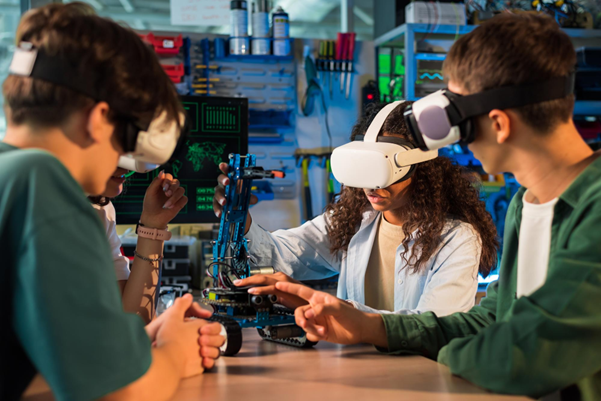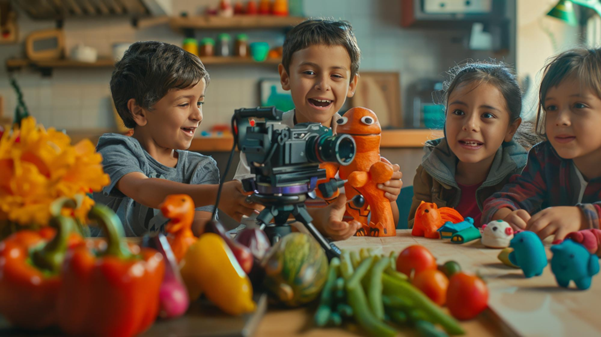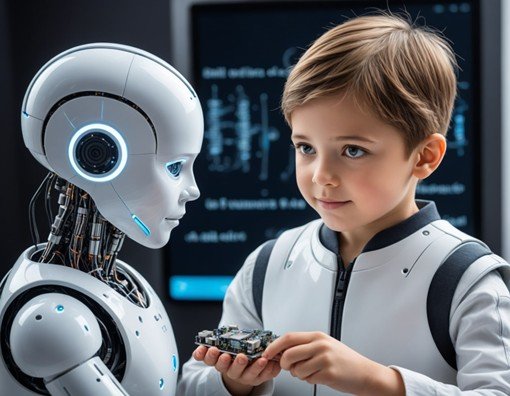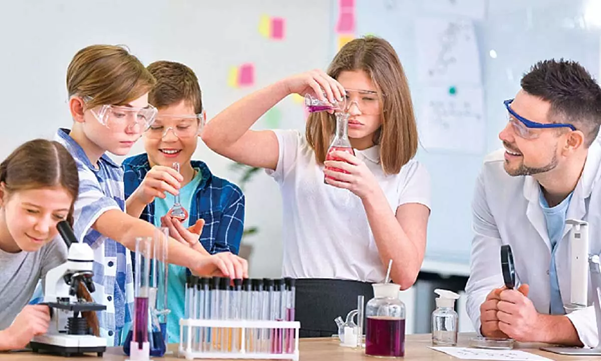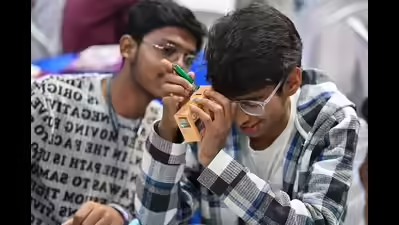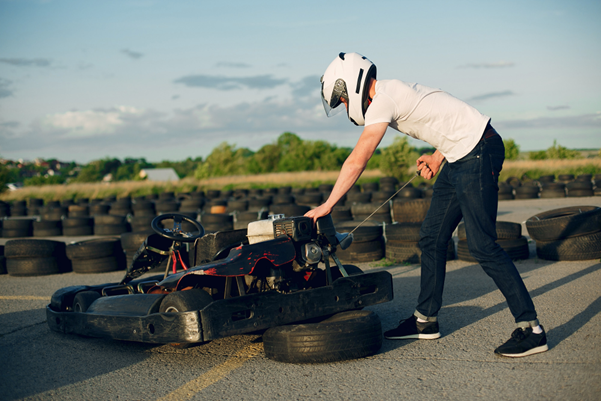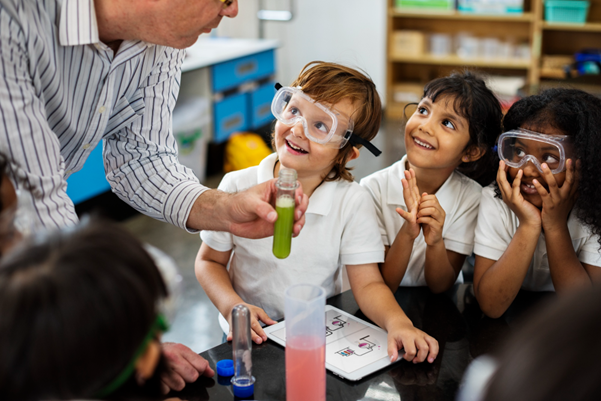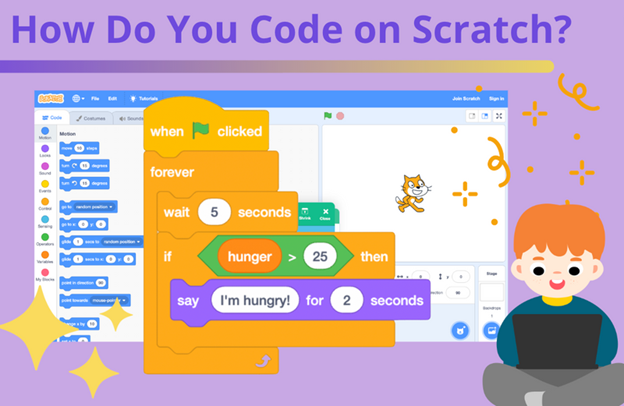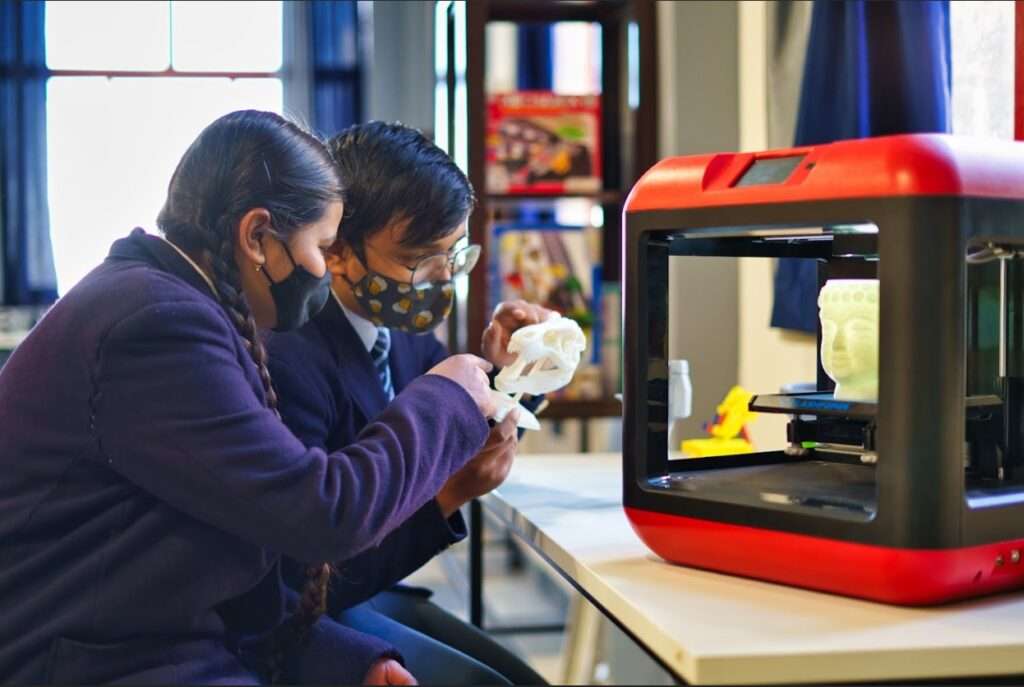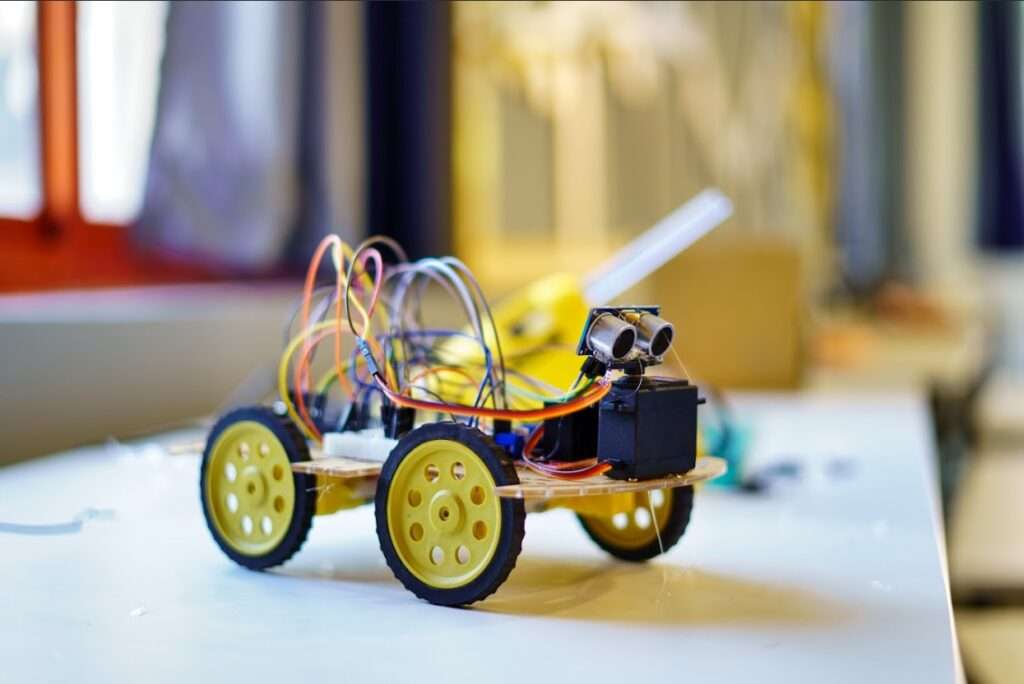How to Stop Helicopter Parenting Are Accidentally Destroying Their Kids’ Future Success
Your well-intentioned protection might be sabotaging your child’s development of essential life skills. The helicopter parenting epidemic creates learned helplessness that undermines resilience, creativity, and independence required for adult success in a rapidly changing world.
Overprotective approaches prevent children from experiencing failure, struggle, and uncertainty—the exact conditions that build character and competence. When helicopter parents solve every problem and remove every obstacle, children never develop problem-solving abilities or confidence in their capacity to handle challenges.
The Maker Movement: An Antidote to Helicopter Parenting
The maker movement offers a powerful antidote to helicopter parenting by creating safe spaces for productive struggle and authentic learning through trial and error. Children experience natural consequences of decisions while developing resilience and self-efficacy through hands-on problem-solving experiences. Understanding how to build successful maker spaces can help parents create environments that foster independence rather than dependence.
Consider how maker projects naturally build independence. Children identify problems, research solutions, plan approaches, and execute ideas without constant adult intervention. They experience setbacks, analyse failures, and iterate improvements through self-directed learning processes. This approach directly counters helicopter parenting tendencies by allowing children to navigate challenges independently.

Developing Real-World Skills Through Hands-On Learning
Risk assessment skills develop when children use real tools and work with authentic materials in maker environments. They learn to evaluate hazards, take appropriate precautions, and accept responsibility for safety decisions. This practical experience builds judgment that serves them throughout life, something helicopter parenting often prevents by removing all perceived risks.
Creative confidence emerges when children pursue personal interests without predetermined outcomes. Maker projects encourage experimentation, original thinking, and unique expressions rather than conformity to adult expectations. This creative freedom nurtures innovative abilities essential for future careers. Explore comprehensive creative learning through technology approaches that support independent thinking.
Makers’ Muse empowers students to become the next generation of leaders and problem-solvers through collaborative partnerships and a focus on the latest advancements in technology, demonstrating how structured freedom develops authentic capability and confidence while reducing the need for helicopter parenting interventions.
Building Social and Emotional Intelligence
Collaboration skills strengthen when children work on team projects requiring negotiation, compromise, and collective problem-solving. They learn to communicate ideas, handle disagreements, and leverage diverse perspectives without adult mediation. These social skills prove crucial for professional success and help children develop confidence that helicopter parenting often undermines.
The intrinsic motivation fostered by maker experiences contrasts sharply with external rewards and punishments typical in helicopter parenting approaches. Children pursue projects because they’re genuinely interested, developing an internal drive that sustains learning throughout life. Learn more about fostering innovation and collaboration skills in educational environments.
Preparing Children for an Uncertain Future
Tolerance for ambiguity increases when children tackle open-ended challenges without clear solutions. They learn to embrace uncertainty, explore multiple possibilities, and adapt approaches based on emerging information. This flexibility proves essential in rapidly changing career environments and directly addresses the limitations created by helicopter parenting.
Time management and project planning skills develop naturally when children manage long-term maker projects. They learn to break complex tasks into manageable steps, allocate time effectively, and meet self-imposed deadlines. These organisational skills transfer to academic and professional settings, building capabilities that helicopter parenting often prevents from developing.
Read more: Robotics take centre stage worldwide
Fostering Independence and Self-Advocacy
Self-advocacy abilities strengthen when children communicate needs, request help appropriately, and negotiate access to resources. They learn when to seek assistance and when to persist independently, developing balanced approaches to challenge and support. This balanced approach contrasts with helicopter parenting patterns that create dependency.
The documentation and reflection required in maker projects build metacognitive awareness. Children analyse their learning processes, identify strengths and areas for improvement, and articulate growth over time. This self-awareness supports continued development and adaptation, skills that helicopter parenting often suppresses through excessive guidance.

Developing Critical Thinking and Problem-Solving
Critical thinking skills emerge when children evaluate information sources, analyse design alternatives, and make evidence-based decisions. They learn to question assumptions, consider multiple perspectives, and draw logical conclusions without adult guidance. These abilities directly counter the learned helplessness created by helicopter parenting.
The real-world impact of maker projects provides authentic motivation for skill development. When children create solutions for community problems, design helpful devices, or contribute to local organisations, their work has genuine meaning beyond adult approval. This authentic purpose helps children develop intrinsic motivation that helicopter parenting often inhibits.
Supporting Emotional Growth and Resilience
Emotional regulation improves when children experience frustration, disappointment, and setbacks in supportive maker environments. They learn coping strategies, persistence techniques, and healthy responses to challenge without protective parental intervention. This emotional resilience is exactly what helicopter parenting prevents from developing.
The transition to independent adult life becomes smoother for children who have experienced authentic responsibility, creative problem-solving, and collaborative teamwork through maker experiences. They enter college and careers with confidence in their ability to handle unfamiliar challenges, unlike peers raised with helicopter parenting approaches.
Finding the Right Balance as Parents
Parents can support maker experiences while resisting urges to intervene, direct, or protect excessively. The goal is providing appropriate resources and encouragement while allowing children to experience authentic learning through hands-on exploration. This approach requires consciously stepping back from helicopter parenting habits.
The balance between support and independence requires constant calibration. Parents must provide safety nets while allowing children to experience meaningful consequences. Maker environments offer ideal settings for this balance, providing structured freedom that builds competence without compromising safety. Discover effective STEM education implementation strategies that support this balanced approach.

Conclusion: Breaking the Helicopter Parenting Cycle
Stop sabotaging your child’s development through overprotection. Maker education provides safe spaces for productive struggle that build the competence and confidence required for future success. The skills developed through hands-on learning experiences directly address the limitations created by helicopter parenting approaches.
The evidence is clear: children need opportunities to struggle, fail, learn, and grow independently. Helicopter parenting, despite good intentions, prevents the development of essential life skills. Maker education offers a proven alternative that builds resilience, creativity, and independence while maintaining appropriate safety and support.
Ready to break the helicopter parenting cycle? Learn about supporting your child’s independence through maker experiences at the Makers’ Muse Contact Page. Discover how hands-on learning builds essential life skills while maintaining appropriate safety and support structures.
Explore comprehensive strategies for fostering innovation and collaboration skills in our detailed guide on makerspace programs.


